Inter-American Human Rights Court delivers long-awaited justice for the people of La Oroya, Peru
It’s the first time an international court has held a nation responsible for environmental impacts generated by the private sector


On March 22, the Inter-American Human Rights Court found the State of Peru responsible for violating the rights of residents of the Andean town of La Oroya, who had been exposed to decades of toxic emissions from a metallurgical complex located in the heart of the town.
In 2006, 80 residents of La Oroya filed legal action in the Inter-American Human Rights Commission, claiming that the State of Peru has never taken adequate action to protect the residents’ rights to a healthy environment. Nearly 20 years later, the court has finally spoken.
“How great is our God!,” proclaimed Yolanda Zurita, a longtime resident and activist for environmental health in La Oroya. “This ruling is very broad. Apart from reclaiming our right to environmental and human health, it recognizes us as citizens and aims to make the State and the private sector recognize our right to information, political participation and environmental activism.”
Indeed, the decision of the court is unprecedented, as it is the first time an international court has held a state responsible for the environmental impacts generated by private sector industrial activity. In this case, the State will be held accountable for remediation, specialized health care, relocation of residents who so desire, and more.
Various health and environmental studies have indicated that more than 900 square miles of land in La Oroya, regarded as one of the 10 most contaminated places in the world, and surrounding areas are polluted up to four inches deep with toxic metals such as cadmium, arsenic, lead and mercury. Nearly 99% of the children of La Oroya have had levels of lead in their blood, far surpassing World Health Organization thresholds.
The Rev. Ellie Stock from the Presbytery of Giddings-Lovejoy by way of its partnership with Presbyterian global partner Red Uniendo Manos Peru (the Peru Joining Hands Network) has accompanied and advocated for the residents of La Oroya for more than 20 years. In reaction to the court’s decision, she writes, “Justice has long been delayed for people in La Oroya, who have been suffering from lead and heavy metal poisoning caused by the contamination of the metallurgical complex owned and operated over the decades by both the Peru government and U.S.-based company Doe Run Resources and whose land, water, and air has been desecrated. The Inter-American Court of Human Rights got it right: justice will no longer be delayed nor denied.
“In the decision to side with the citizens of La Oroya against the Peru government, it began the first steps of the journey to restore justice. It loudly proclaimed that people have the right to clean air, soil, and water and a healthy community, and it declared that that such blatant disregard for the health and well-being of the community is against both international and natural law, and reparations must be paid to restore the health of the community. This watershed decision will serve as a precedent for other communities oppressed and harmed by industrial extraction and governmental negligence.”

Zurita said, “This is not just about the rights of the 80 of us who filed the suit, but it extends to the whole population of La Oroya and has impact for the whole nation. For example, the Court has insisted that the quality of water must be improved for all of Peru.”
Zurita has long been a champion for justice, not only in La Oroya but throughout Peru, whose economy is largely driven by the mining industry. In 2017, she helped form the National Platform of People Affected by Toxic Metals, which is a national citizens group advocating for environmental remediation, specialized health care and more stringent environmental protections in the face of the extractive industry. In light of the precedent-setting decision of the court, she recognizes that “now it is our challenge to demand compliance with all of this, taking into account what kind of insensitive governments are shamelessly passing laws in favor of the powers of money at the expense of our people, our siblings most in need who suffer and whose blood is shed.”
[video width="848" height="480" mp4="https://www.presbyterianmission.org/wp-content/uploads/VID-20240424-WA0…"][/video]
At about the same time the decision was handed down last month, the smelter at La Oroyo once again started operations after it had been shut down for 15 years. View a brief clip of the operating smelter above.
Remembering that such work cannot be done alone but only in broad partnership, Zurita echoed the sentiments of many in La Oroya and beyond: “I am grateful for the accompaniment of the Presbyterian Church (U.S.A.) and the Red Uniendo Manos Peru, for valuing us and empowering us to be builders of good living for today and for future generations.”
The Rev. Jed Koball, a Peru-based PC(USA) mission co-worker, assists the Peru Joining Hands Network, an initiative of the Presbyterian Hunger Program.
You may freely reuse and distribute this article in its entirety for non-commercial purposes in any medium. Please include author attribution, photography credits, and a link to the original article. This work is licensed under a Creative Commons Attribution-NonCommercial-NoDeratives 4.0 International License.




